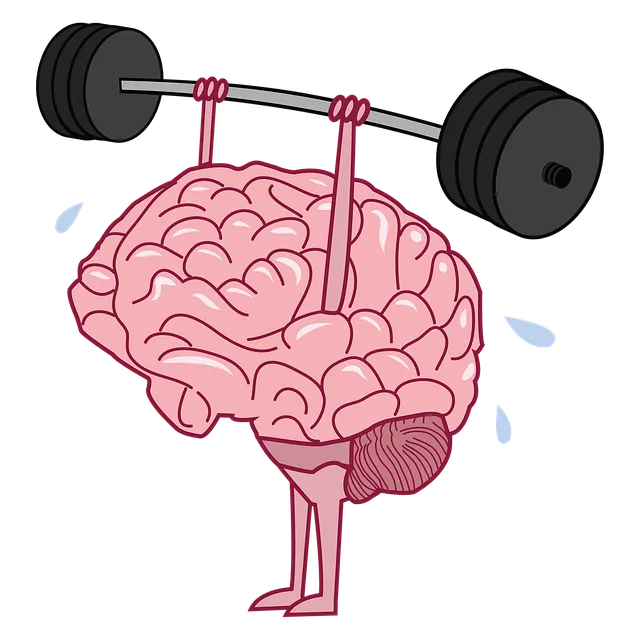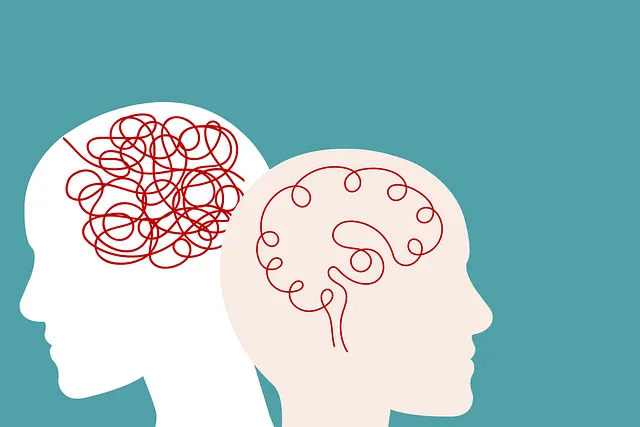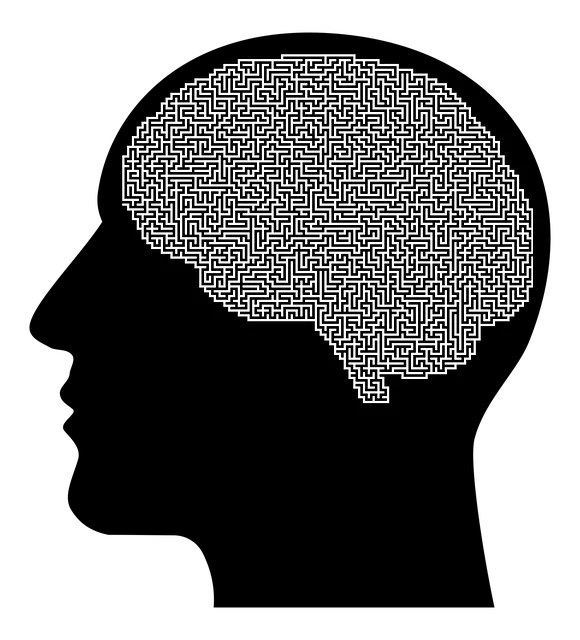Littleton Kaiser Permanente behavioral health services offer tailored support for mood regulation using evidence-based strategies, including coping skills, self-awareness exercises, and resilience building. They identify triggers, provide Mental Wellness Coaching Programs, and employ techniques like cognitive restructuring and mindfulness meditation. Lifestyle adjustments, such as exercise, healthy eating, and self-care practices, are emphasized for maintaining mental stability. Trauma support services are also available.
Discover effective mood regulation strategies that can transform your well-being. This comprehensive guide explores various techniques, drawing insights from the expert perspectives of Littleton Kaiser Permanente Behavioral Health Services. From cognitive techniques for emotive balance to lifestyle adjustments with profound mental impacts, each section offers practical advice for achieving and maintaining emotional stability. Dive into this insightful exploration to reclaim harmony in your life.
- Understanding Mood Regulation: A Comprehensive Overview
- Strategies from Littleton Kaiser Permanente Behavioral Health Services
- Cognitive Techniques for Emotive Balance
- Lifestyle Adjustments and Their Impact on Mental Stability
Understanding Mood Regulation: A Comprehensive Overview

Mood regulation is a complex process that involves managing and maintaining emotional balance. It’s about understanding and responding to your feelings in healthy ways, ensuring they don’t overwhelm or control your life. This is where Littleton Kaiser Permanente behavioral health services step in, offering comprehensive support tailored to individual needs. They employ evidence-based strategies to help individuals develop coping skills, enhance self-awareness exercises, and cultivate resilience in the face of life’s challenges.
The process begins with recognizing triggers and patterns that impact mood. By understanding these factors, individuals can learn to anticipate and manage their emotional responses. Behavioral health professionals play a crucial role in guiding this journey through various therapeutic techniques, providing tools for stress reduction, emotional regulation, and overall mental well-being. This holistic approach, often enhanced by Cultural Competency Training, ensures that care is personalized and effective for diverse populations.
Strategies from Littleton Kaiser Permanente Behavioral Health Services

Littleton Kaiser Permanente Behavioral Health Services offers a range of mood regulation strategies designed to support individuals in managing and improving their mental wellness. Their expertise lies in integrating various techniques from evidence-based practices, tailored to meet the unique needs of each client. The team utilizes Mental Wellness Coaching Programs as a cornerstone of their approach, empowering individuals with tools for self-management and resilience.
Through these programs, they promote Emotional Well-being Promotion Techniques, focusing on cognitive behavioral therapy, mindfulness practices, and stress management skills. By fostering a deeper understanding of emotional triggers and providing practical coping mechanisms, Littleton Kaiser Permanente aims to help individuals achieve lasting improvements in their mental health and overall quality of life.
Cognitive Techniques for Emotive Balance

Cognitive techniques offer a powerful toolkit for achieving emotive balance and effective mood regulation. These strategies, often employed by professionals like those at Littleton Kaiser Permanente behavioral health services, focus on challenging and reframing negative thought patterns to foster a more positive mindset. One popular method is cognitive restructuring, where individuals learn to identify and replace distorted thinking with more realistic and balanced perspectives. This process involves recognizing unhelpful beliefs and replacing them with evidence-based alternatives, ultimately influencing emotional responses.
Mindfulness meditation is another valuable tool within this framework. By cultivating present-moment awareness, individuals can observe their thoughts and emotions without judgment. This practice, encouraged in the context of Mental Health Awareness and Risk Management Planning for Mental Health Professionals, helps to calm the mind and reduce reactivity to stressful situations. Integrating mindfulness into daily routines allows for better emotional regulation, fostering a sense of inner peace and resilience.
Lifestyle Adjustments and Their Impact on Mental Stability

Maintaining mental stability is greatly influenced by lifestyle adjustments, as recognized by Littleton Kaiser Permanente behavioral health services. Simple yet profound changes in daily routines can significantly impact overall well-being. Incorporating regular exercise, for instance, not only promotes physical health but also acts as a powerful mood regulator, releasing endorphins that boost positive emotions and reduce stress. Similarly, adopting healthy eating habits can stabilize energy levels and enhance cognitive function, contributing to clearer thinking and improved emotional resilience.
Litttleton Kaiser Permanente behavioral health services emphasizes the importance of self-care practices in achieving mental stability. Adequate sleep is a cornerstone of this, allowing the mind and body to rest and recharge. Additionally, engaging in activities that foster self-esteem improvement, such as creative pursuits or learning new skills, can boost confidence and provide healthy outlets for expression. Trauma support services also play a crucial role, offering specialized care to help individuals process and heal from past traumas, thereby fostering a more stable emotional foundation.
Mood regulation is a multifaceted skill that can significantly enhance overall well-being. By understanding the various strategies, such as those offered by Littleton Kaiser Permanente Behavioral Health Services, incorporating cognitive techniques for emotive balance, and making lifestyle adjustments, individuals can gain greater control over their emotional states. These approaches collectively provide a comprehensive toolkit for navigating life’s challenges and cultivating mental stability.






